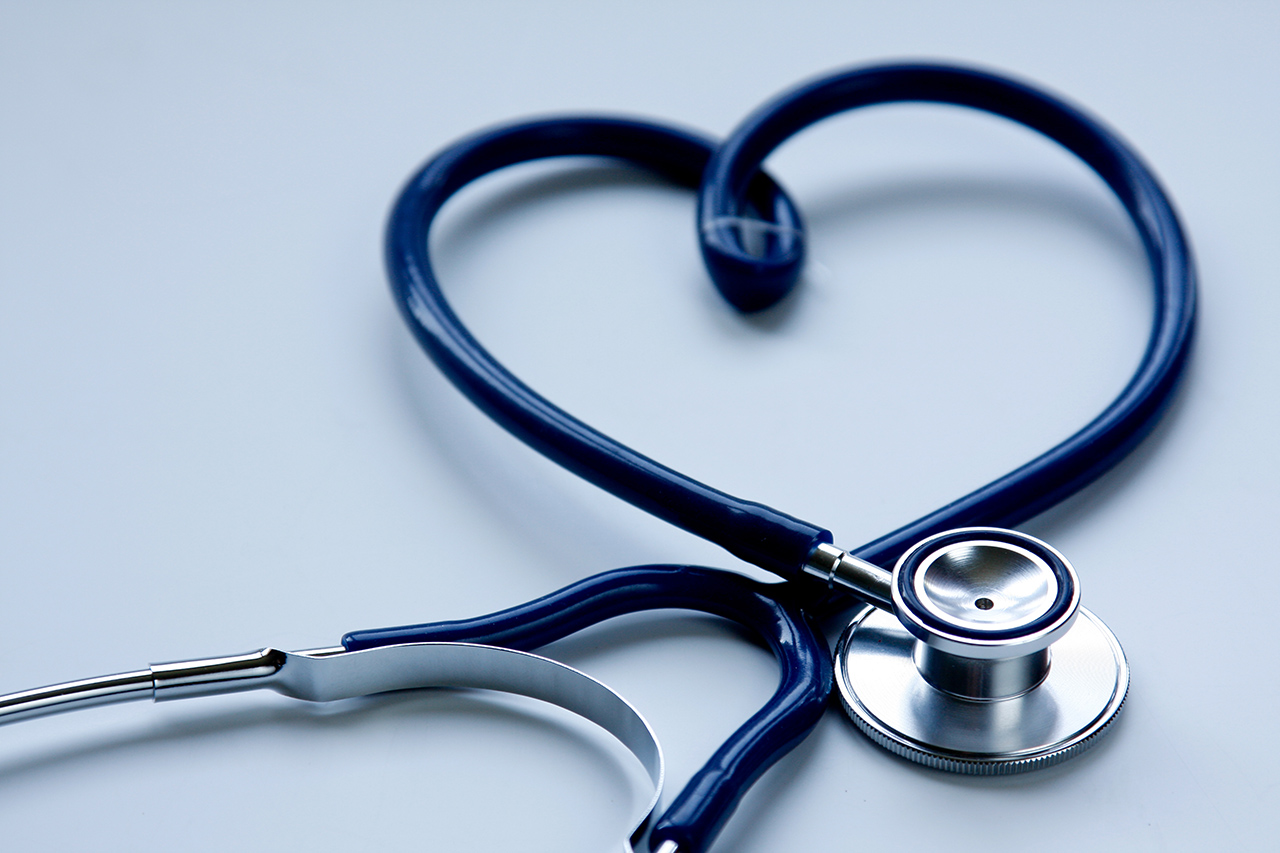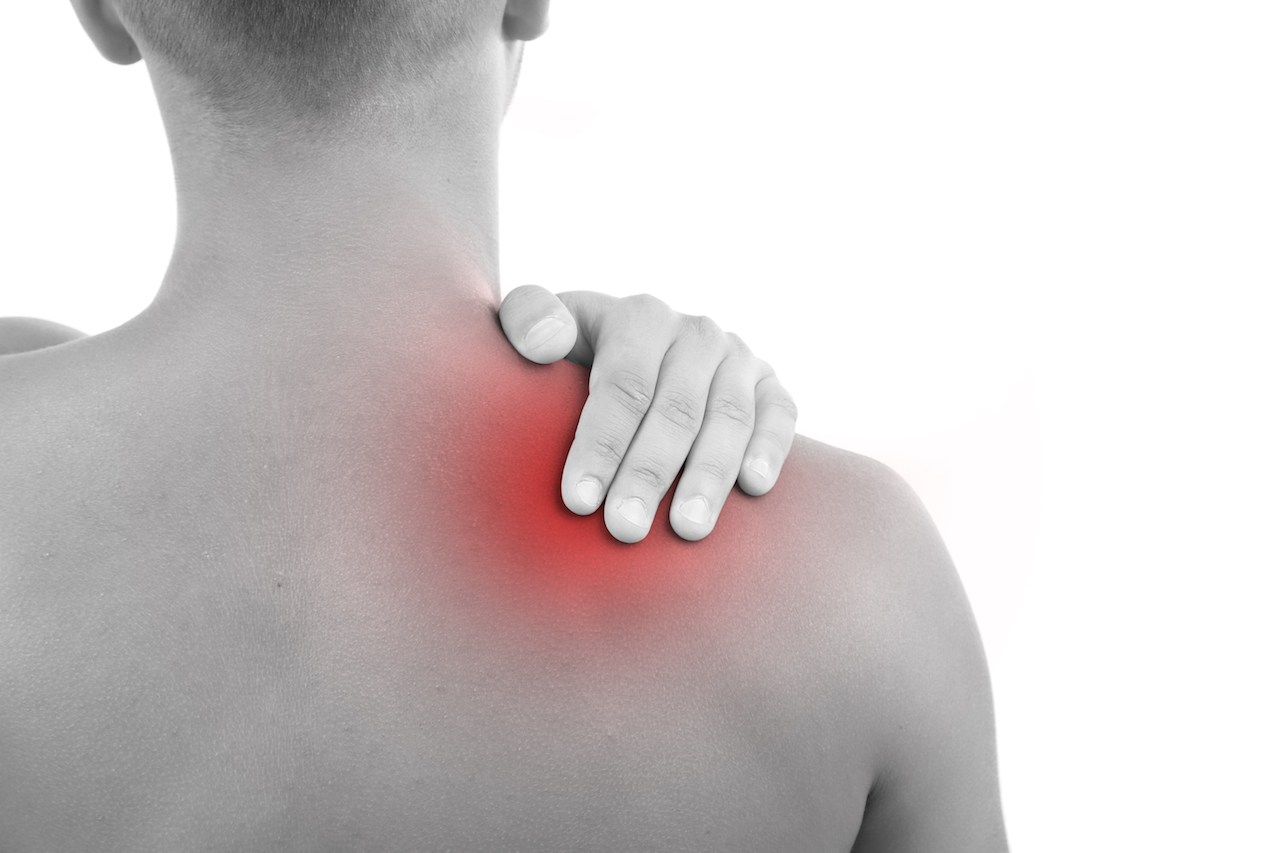Physical Activity as Cardiac Surgery Rehabilitation
For most of our lives, physical activity has been like a cloudy sky. For some of us, the clouds are fresh and bright, and for others, the clouds are gray and stormy. Regardless of whether we live for the treadmill or constantly invent excuses to avoid the gym, exercise is a thought that always hangs over us, and its importance throughout our lives is undeniable. However, there are some points in life when physical activity becomes less a cloudy sky, to be looked up at and contemplated on, and more a hurdle that must be crossed as part of rehabilitation. After heart surgery, this is especially true.










